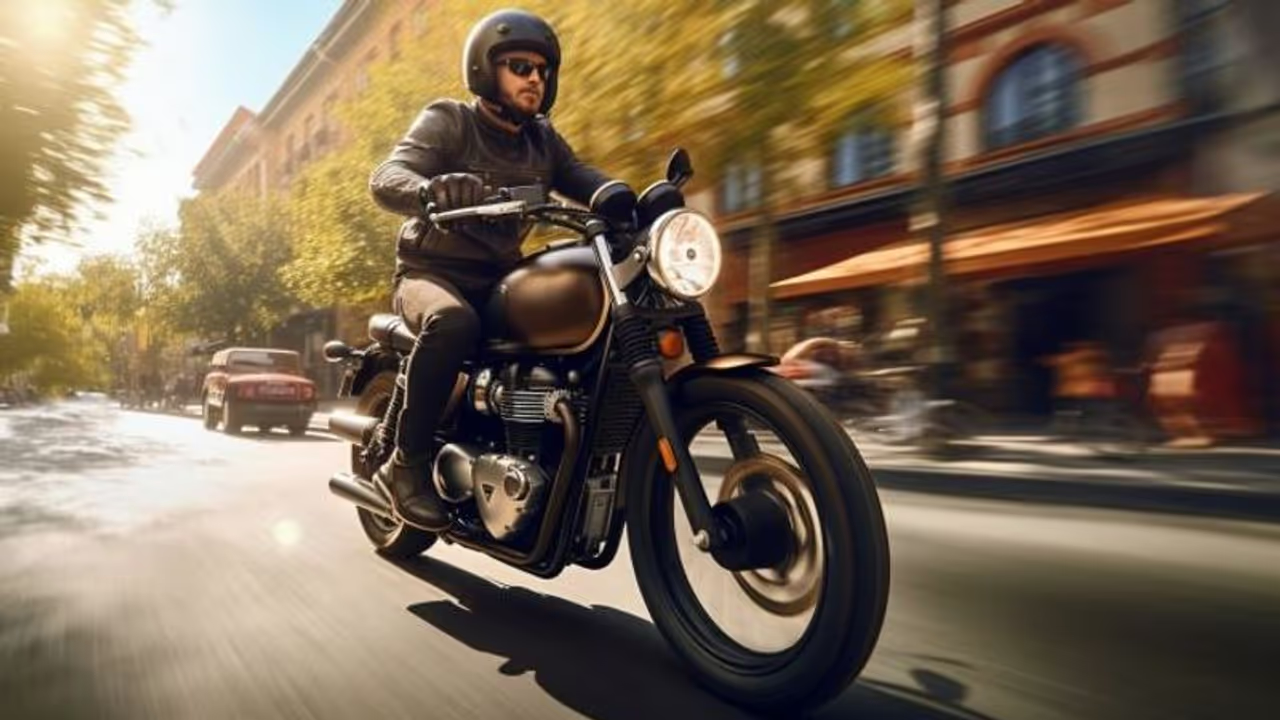Regular two-wheeler riders face the risk of non-accidental injuries arising from prolonged gripping of handlebars and poor riding posture. These injuries can manifest in various forms, from wrist discomfort to lower back pain. Dr Ayyapan V Nair, Consultant-Shoulder Surgery Medicine and Arthroscopy, Manipal Hospitals explains.
Riding a two-wheeler regularly, for daily-life activities, or as a passion has its own set of challenges, particularly non-accidental injuries. The non-accidental injuries are mainly due to continuous gripping of the handlebars and failure to maintain a proper posture while riding.

Some of the common non-accidental injuries that may affect bike riders are:
Injuries due to gripping handle-bars include:
• Pain or discomfort in the wrist joint
• Carpal tunnel syndrome – numbness in the first three fingers of the hand
• Ulnar nerve entrapment - pain and numbness in the forearm and the fourth and fifth fingers
• Pain from the forearm radiating to the shoulder
Injuries due to low-seating and sustained posture include:
• Lower back stiffness and pain radiating to the leg
• Tailbone soreness
• Knee pain or discomfort and foot numbness
By adopting simple measures as listed below, two-wheeler riders can avoid or prevent non-accidental injuries.
• Ensure an upright posture and consider using padded shorts to alleviate tailbone pain.
• Keep the wrist and forearm straight, positioning the elbow slightly back to minimize shoulder strain.
• Sit in an upright position, with the head and chin up, aligned with the direction of travel.
• Reduce pressure on the wrists by keeping the arms relaxed and avoiding tight grips.
• Enhance stability by securely gripping the bike with the knees and thighs.
• Prioritize training to master essential biking skills, knowledge, and responsible rider behaviour.
In the context of daily commuting, where two-wheelers become a necessity rather than just a passion, it's essential to navigate through city traffic efficiently.
Manoeuvring through congested streets demands a different set of skills, such as:
• Developing the ability to navigate through tight spaces without compromising safety.
• Being attentive to surrounding traffic and anticipating the movements of other vehicles.
• Managing the stress of getting stuck in traffic for prolonged periods by staying patient and composed.
• Exploring alternative routes or shortcuts to avoid peak traffic hours.
While commuting on two wheels, where practicality is as crucial as passion, riders must prioritize safety and adopt habits that contribute to a comfortable and efficient daily journey.
The author is consultant-shoulder surgery medicine and arthroscopy. He is an experienced rider and hopes to spread awareness among other riders.
